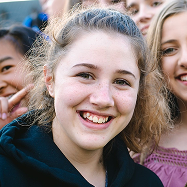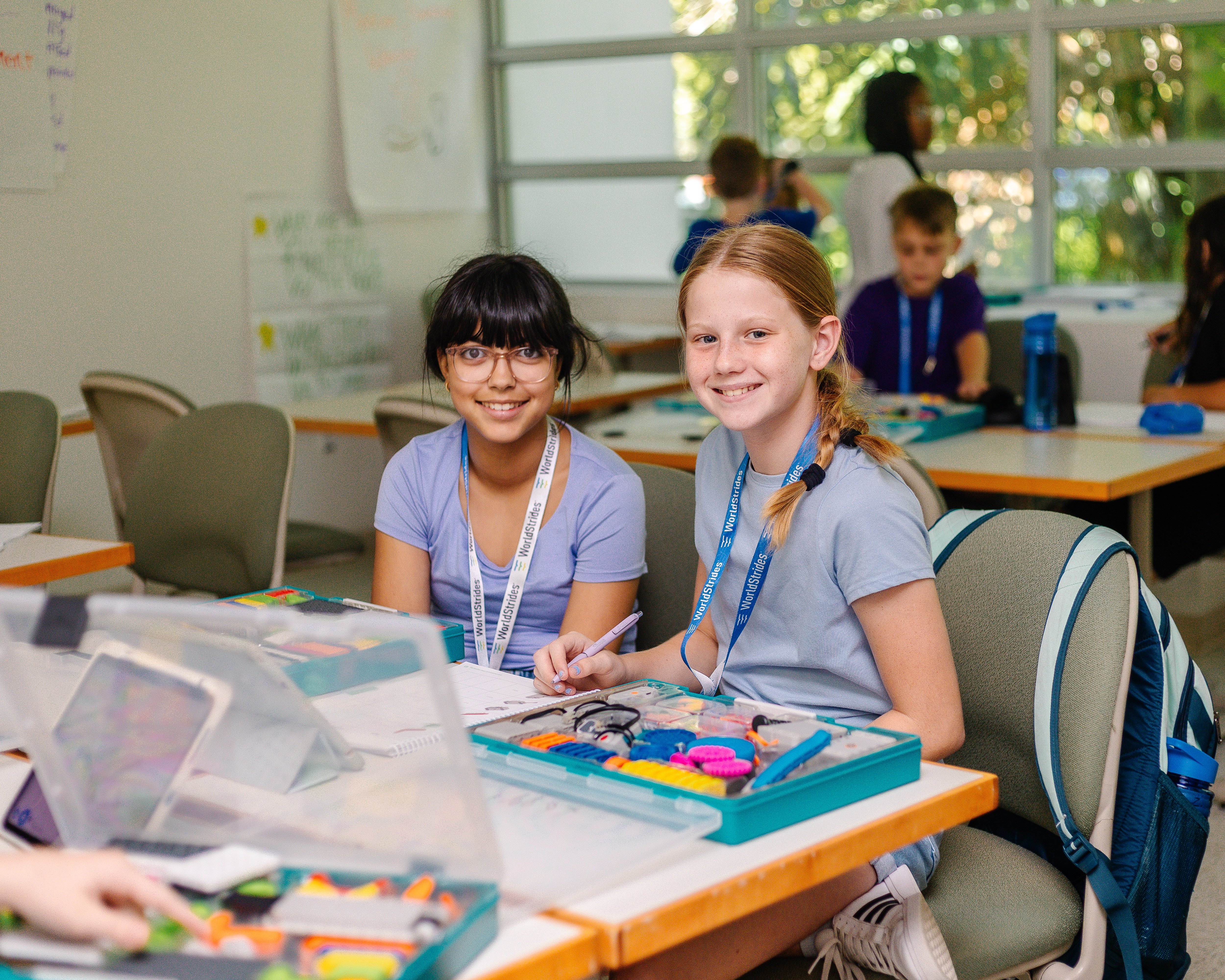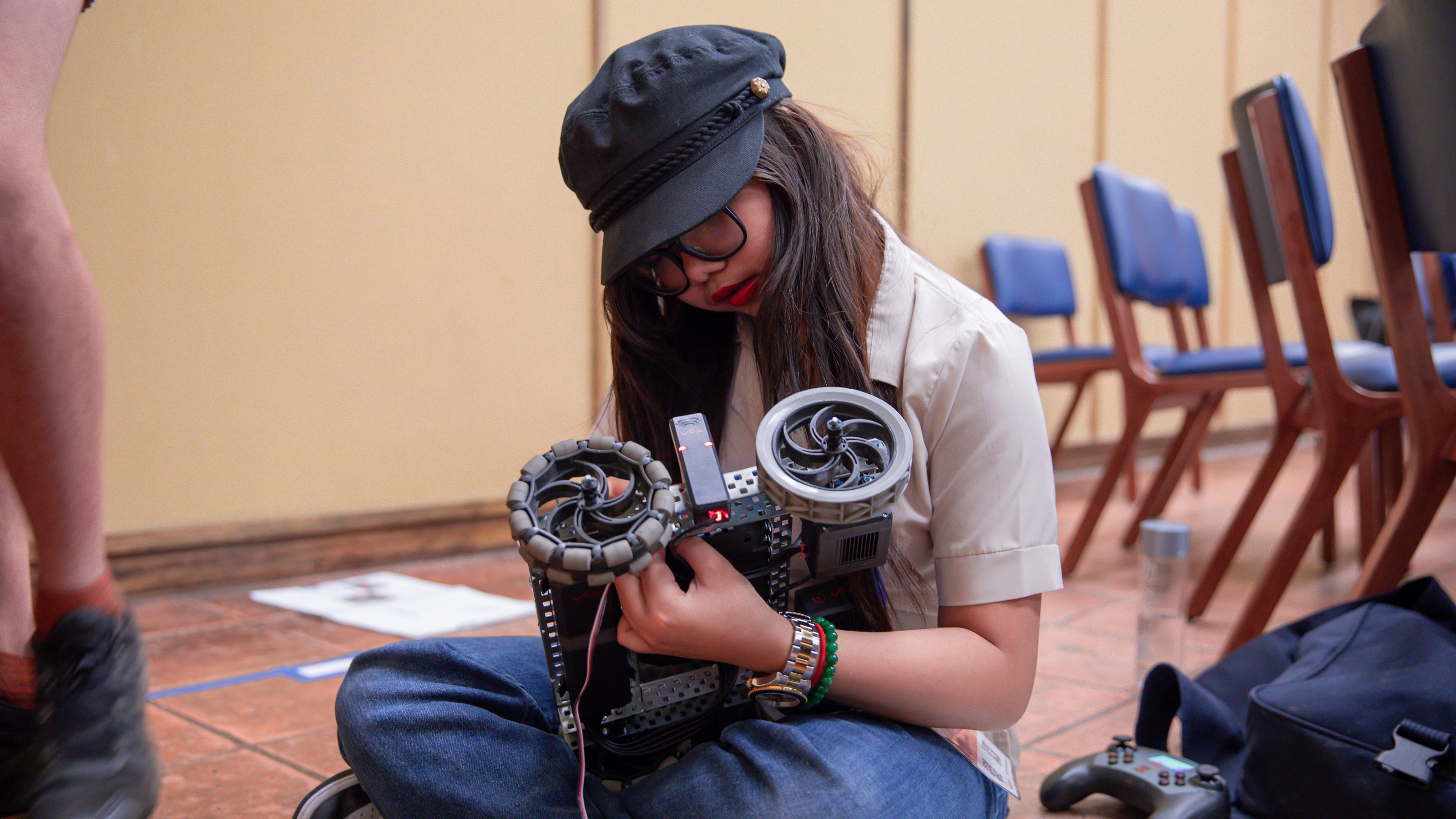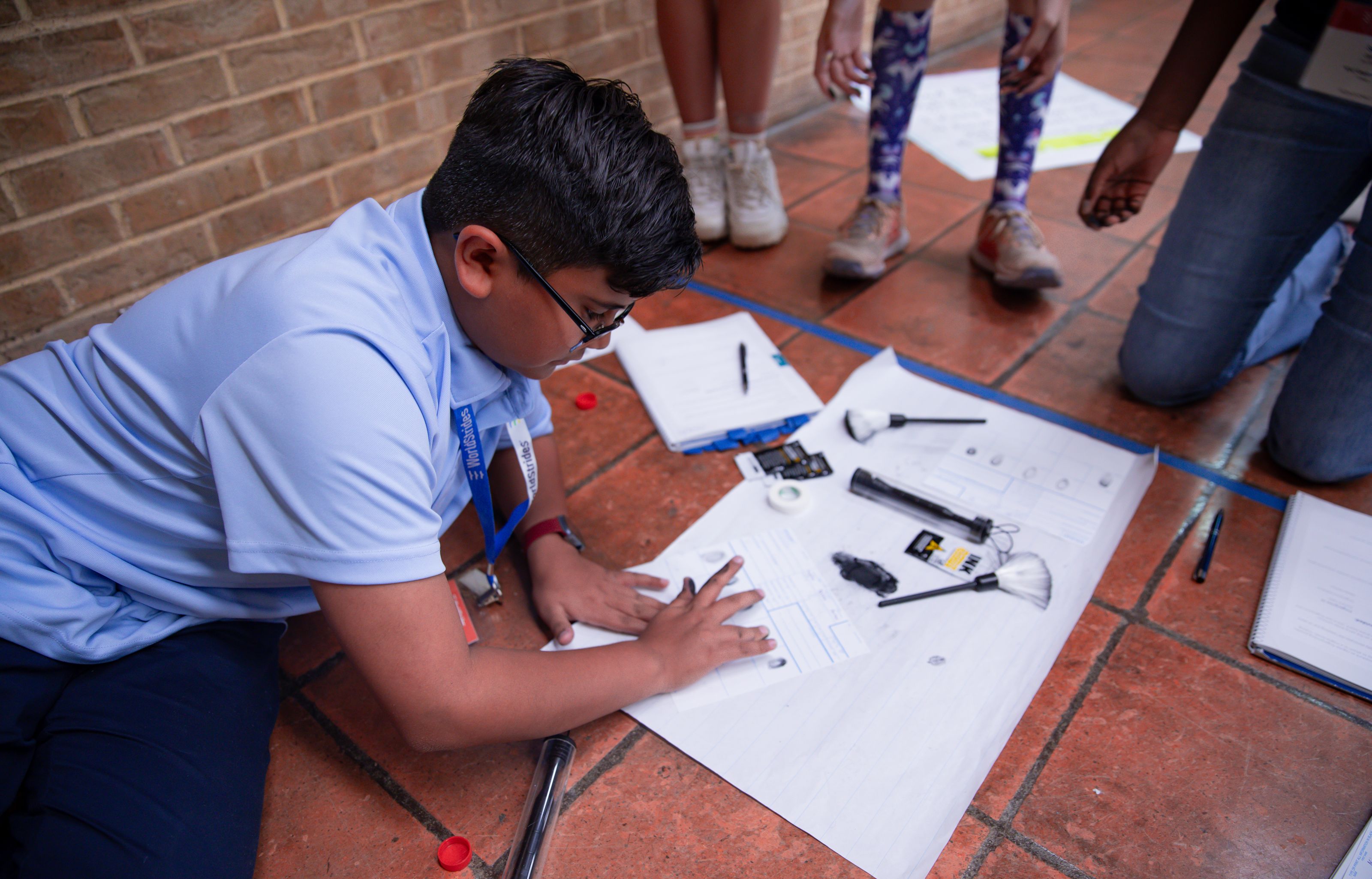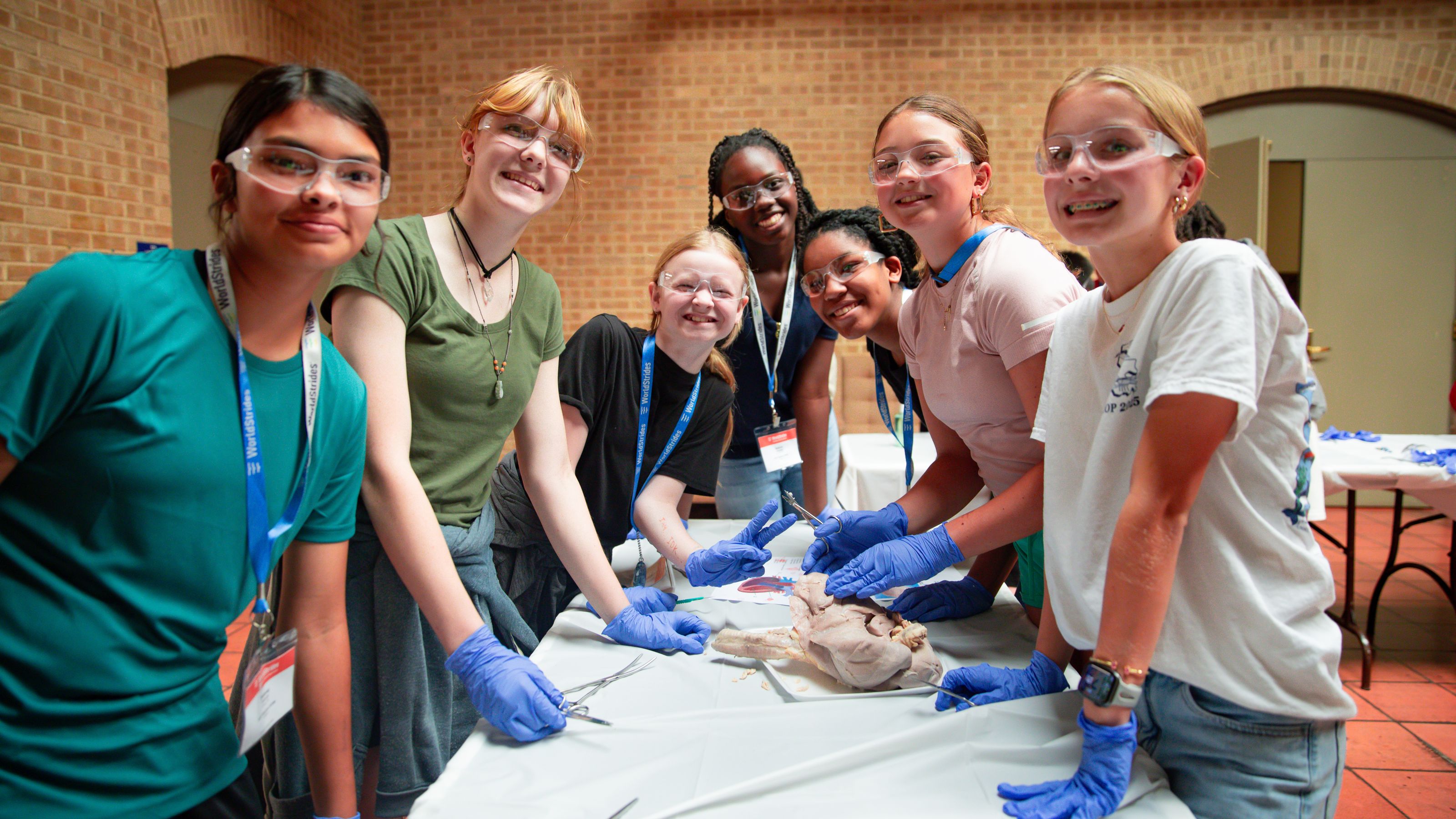- Step onto campus, feel the energy as navigate through registration lines, meet new friends, and feel your nerves transform into excitement for the week ahead.
Explore STEM
Middle school students explore careers in STEM and gain hands-on experience on the campus of a top university like UC Berkeley, Loyola University, Emory University and many more.
Let's connect
Where Curiosity Becomes Confidence
The National Youth Leadership Forum (NYLF): Explore STEM isn’t a science camp. It’s a full-spectrum learning experience designed for middle schoolers to fuel their imagination, challenge their problem-solving skills, and show them how STEM shapes the world around them.
Now imagine walking the halls of colleges like Loyola University, the University of Miami, or Villanova. Picture yourself coding a robot at the University of Dallas, solving a crime scene at Rice University, or dissecting lungs at UC San Diego. Explore STEM transforms these iconic campuses into your personal playground for learning and discovery. Residential students stay overnight in dorms, gaining a full collegiate experience with meals, evening activities, and new levels of independence. Commuter students enjoy the same core programming with the option to upgrade to an Extended Day schedule that includes breakfast, dinner, and evening events.
The program blends hands-on learning with leadership development, daily team-building, and just the right amount of free time to play, unwind, and connect with new friends. From trivia nights to variety shows, every day ends on a high note. Whether your student is STEM-curious or STEM-obsessed, they’ll leave with new skills, big goals, and a huge smile equipped with skills and confidence that prepare them for the transition to high school and future academic success.
NYLF
The National Youth Leadership Forum (NYLF) was founded with the vision of preparing high school students for college and future careers. The very first forum, focused on National Security, set the stage for what would become a nationally recognized series of immersive learning experiences.
Envision acquired NYLF in 2007 and has continued to uphold its flagship brand and mission. Today, NYLF still inspires the nation’s most promising elementary, middle, and high school students through immersive, interactive, and hands-on learning experiences.
Experience Highlights
Build and Code Your Own Robot
Learn robotics fundamentals while building and programming a custom robot to move precisely, avoid obstacles, and complete challenges—then take your robot home to continue your learning journey!
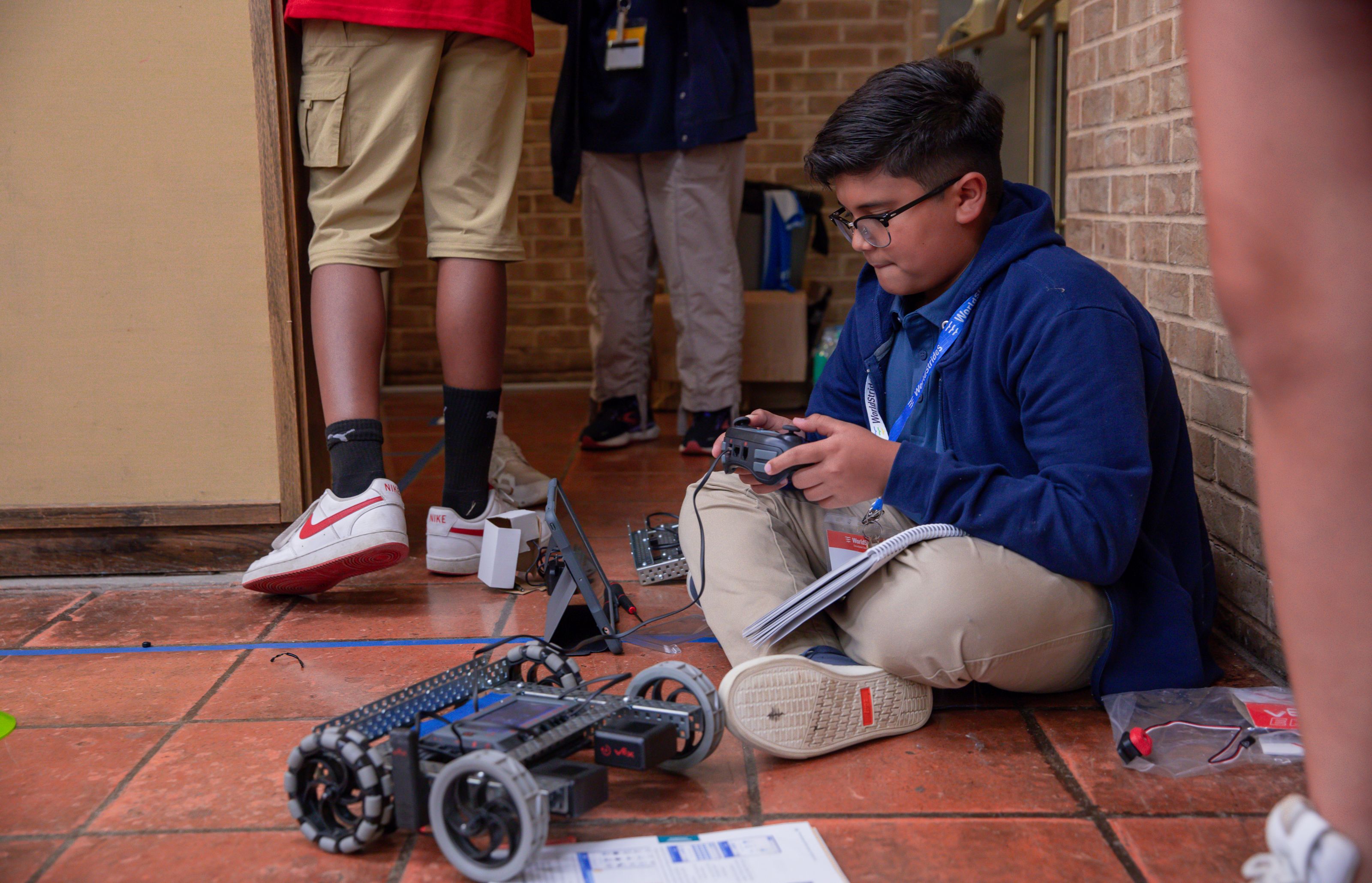
Solve a Crime Scene
Use forensic science techniques to analyze evidence, examine footprints, fingerprints, and blood spatter to uncover clues in a staged crime scene.
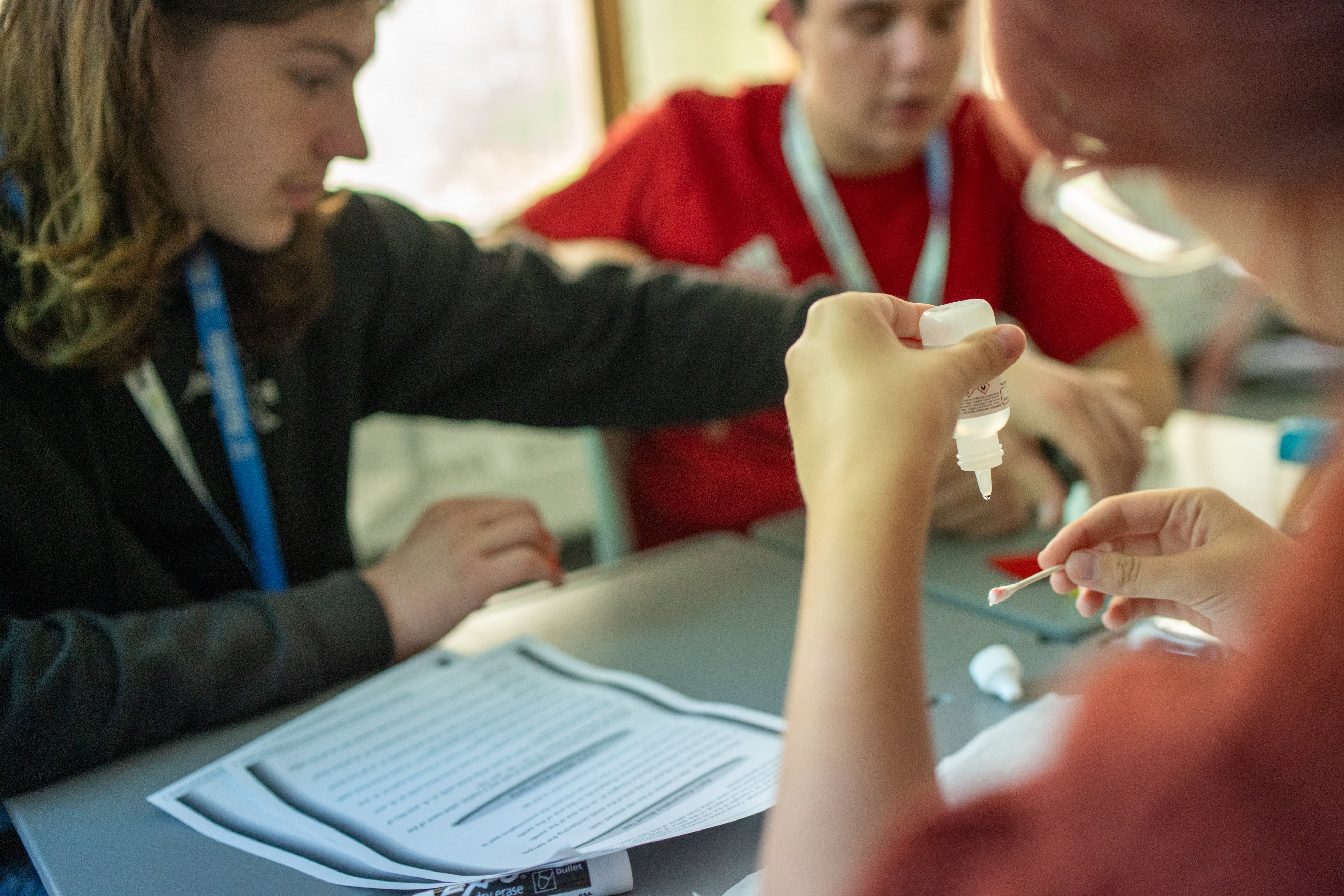
Dissect and Diagnose in Medical Labs
Learn lung anatomy through sheep lung dissection, then become a first responder in realistic outdoor medical simulations with emergency experts.
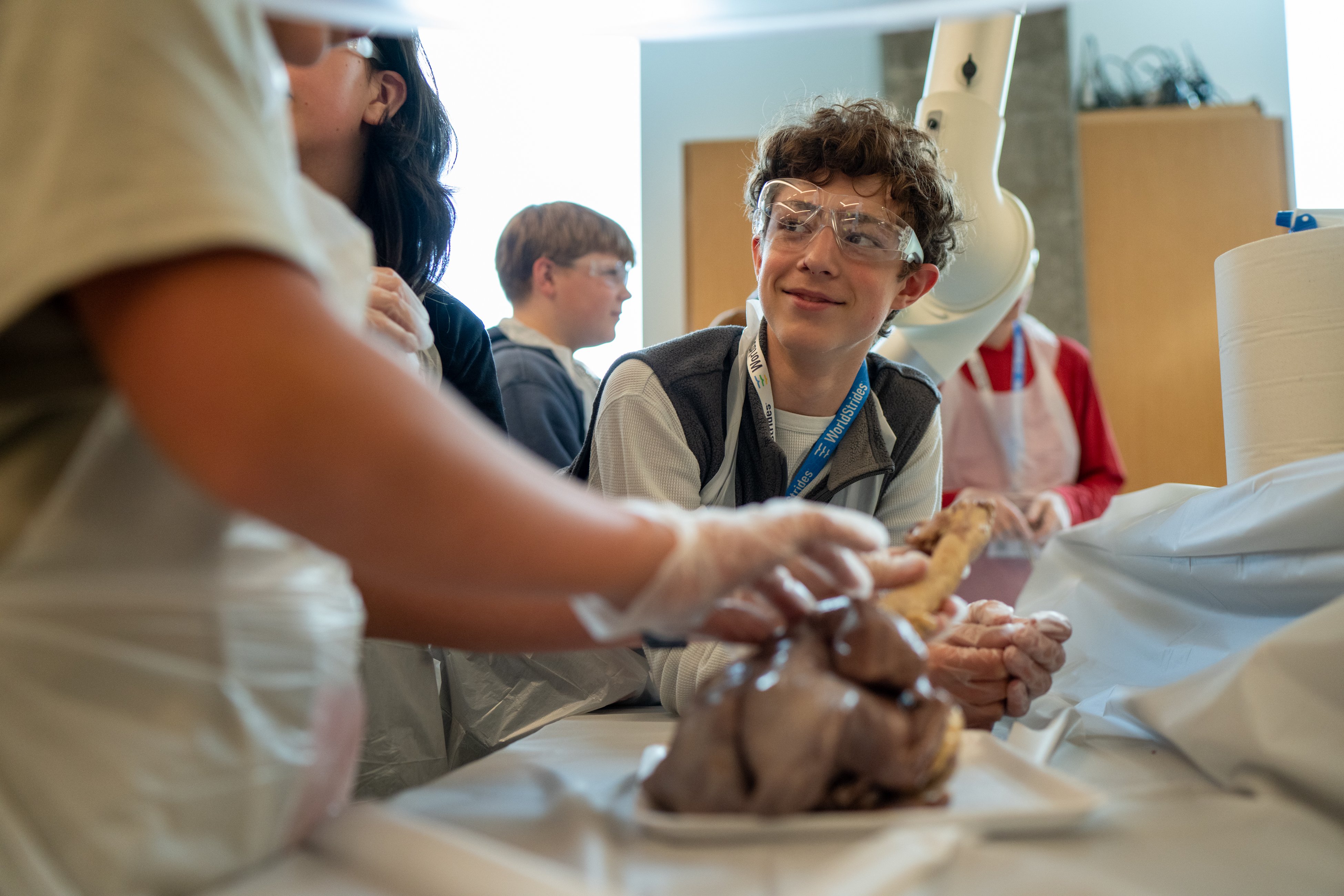
Design, Build, and Test Like an Engineer
Take on real-world challenges using CAD software and design thinking to build innovative, functional solutions.

Make Friends and Memories That Stick
Connect with students from across the country through team games, outdoor rec, talent shows, and nightly events that keep the fun going.
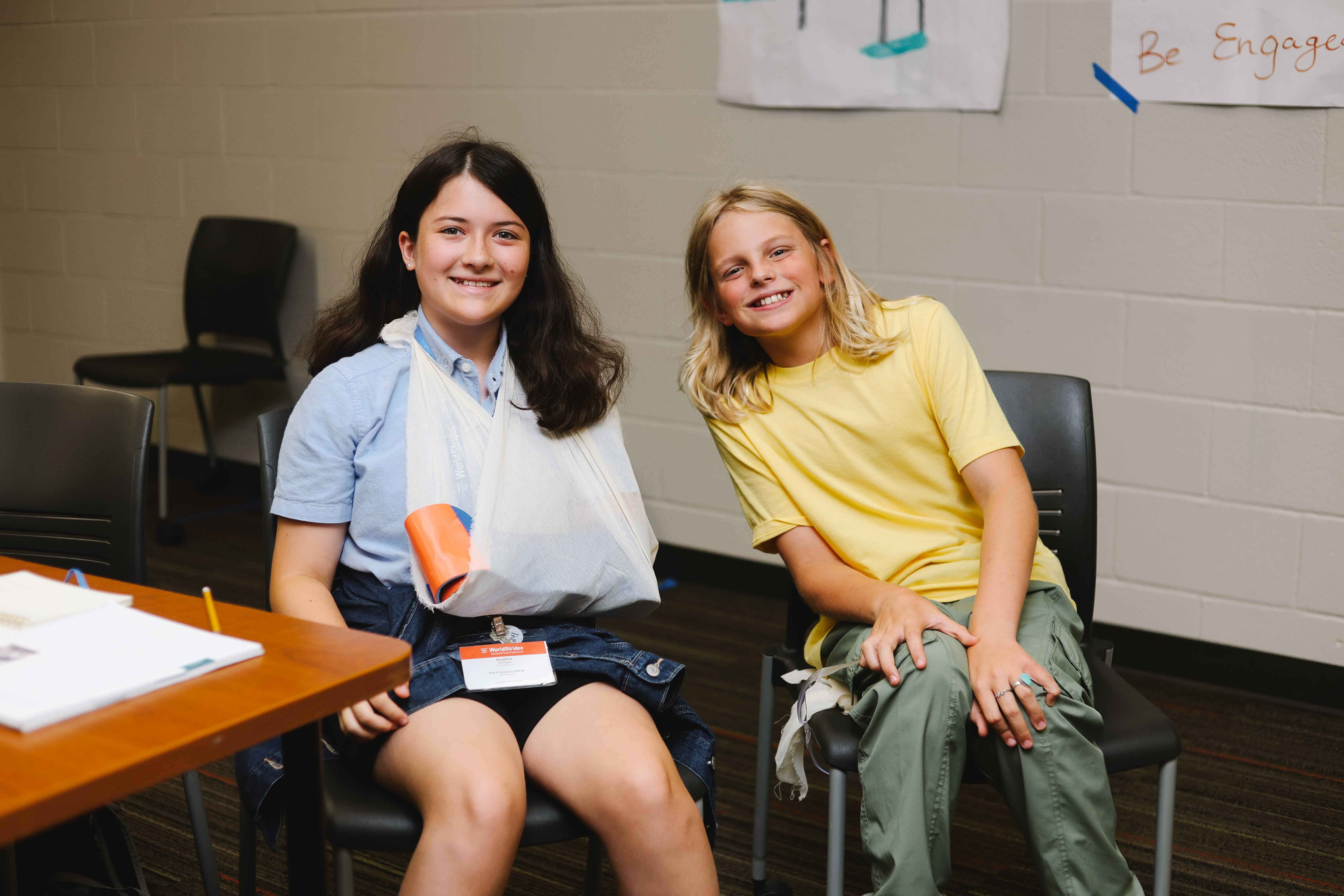

Designed for Curious Young Minds
Hands-On STEM Exploration
Students rotate through labs in robotic programming, engineering, forensics, and medicine–each led by experienced educators using real-world tools and techniques.
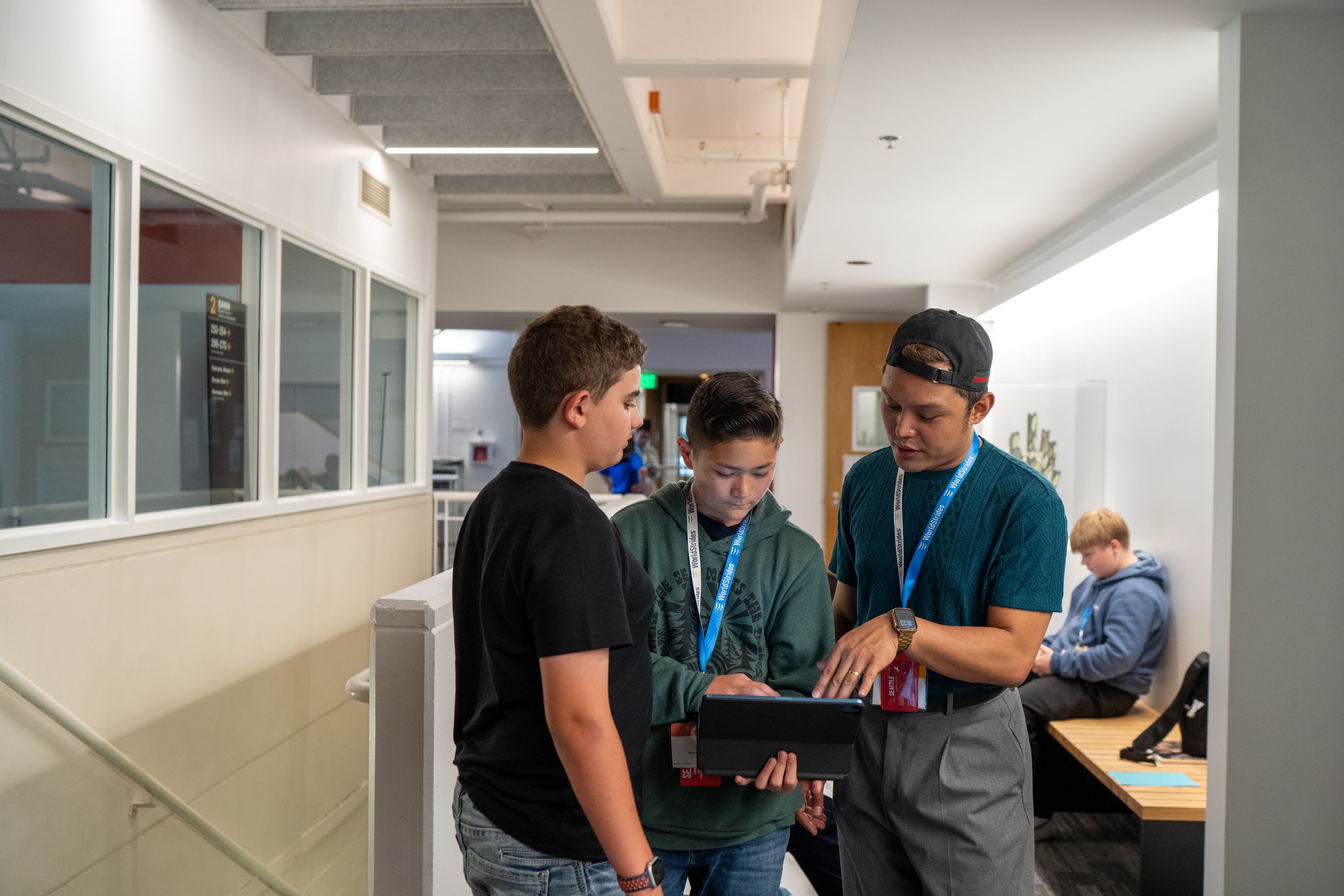
Leadership & Confidence Building
Students explore self-awareness, goal setting, and teamwork while building their voice and learning to lead through daily challenges and reflections.
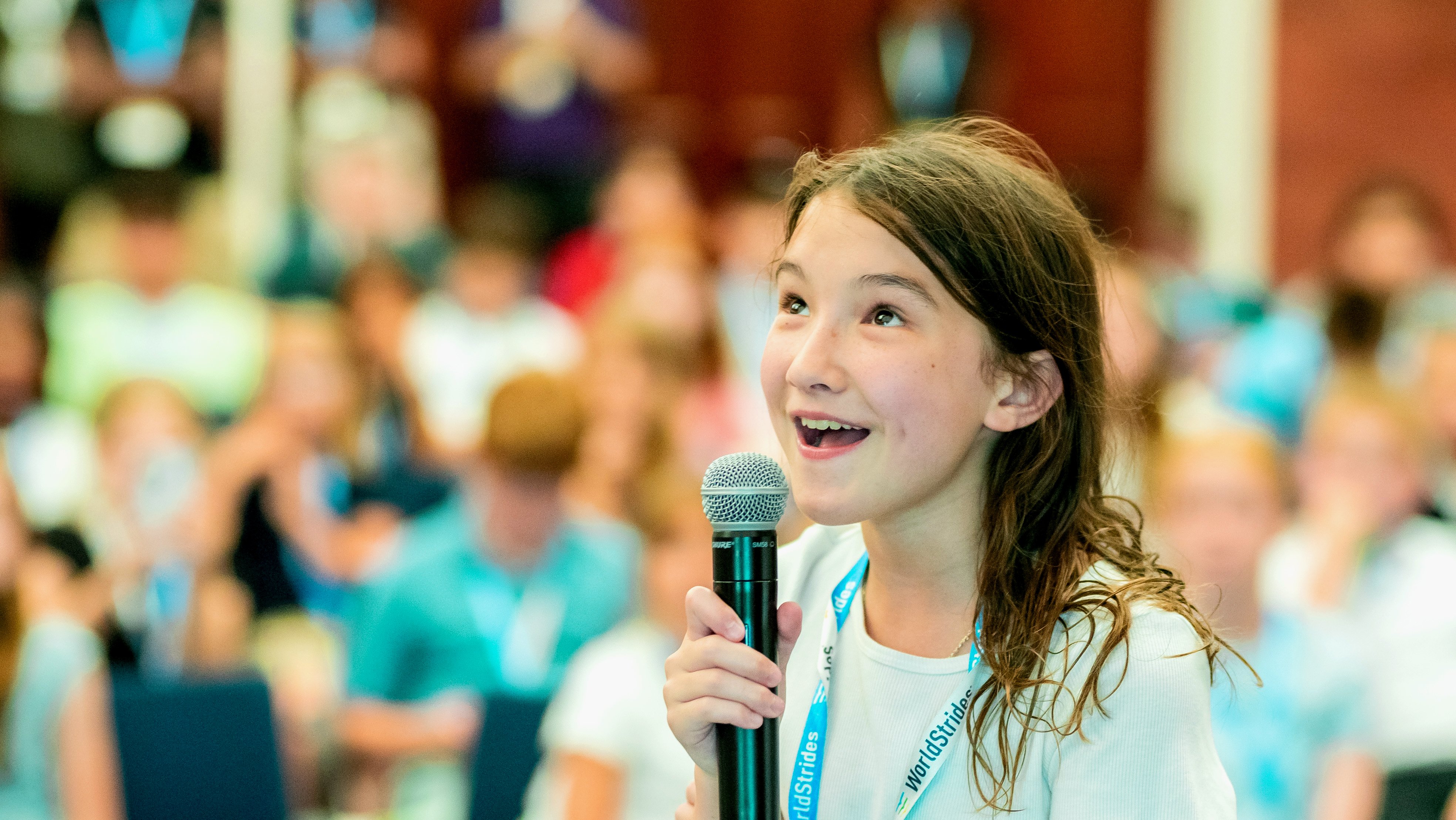
College Immersion
Students live and learn on a college campus, building confidence in a new environment and getting a preview of their future.
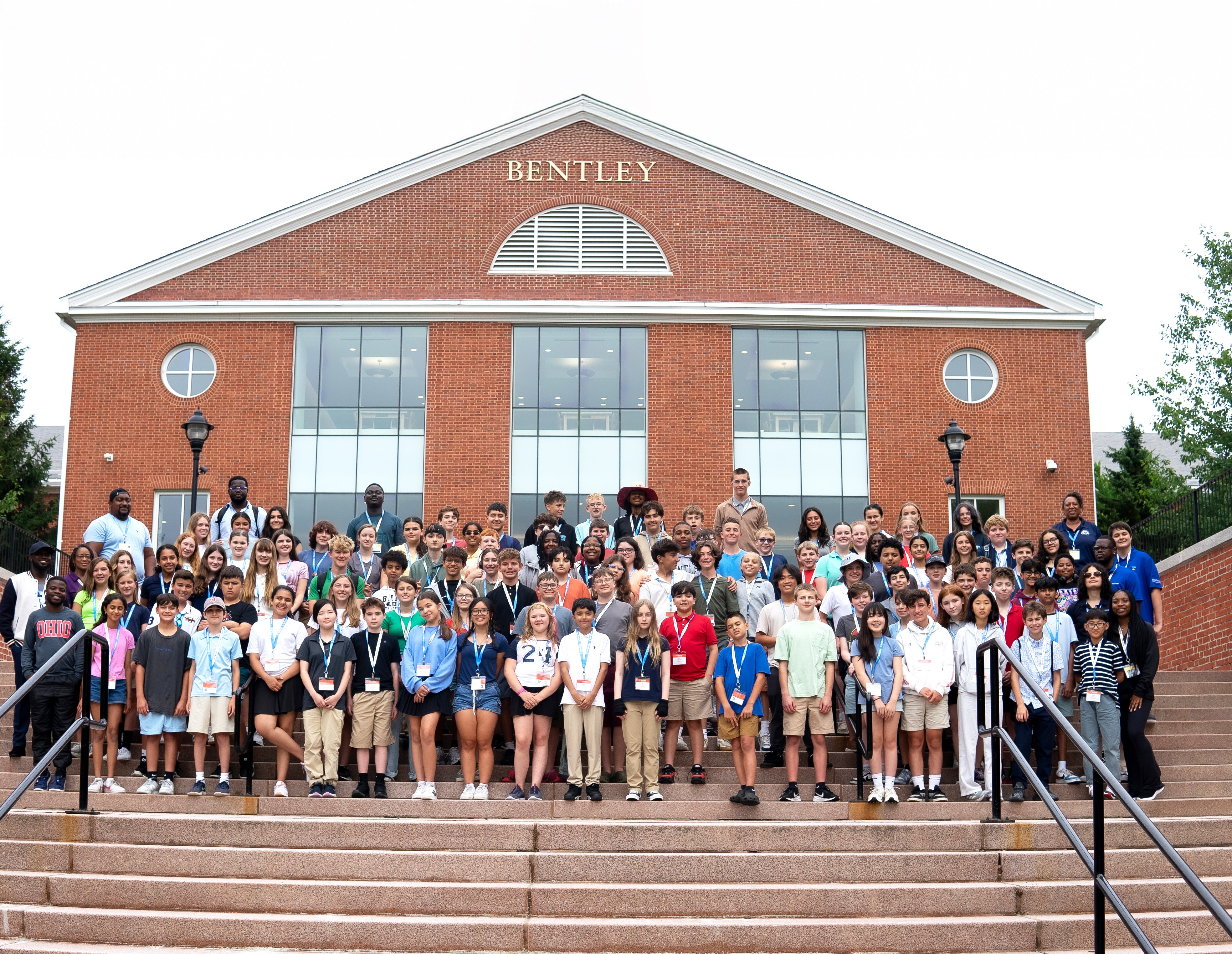
Safe, Structured, & Social
With expert supervision, round-the-clock support, and structured rec time, students can safely build friendships and independence in a fun, empowering environment.
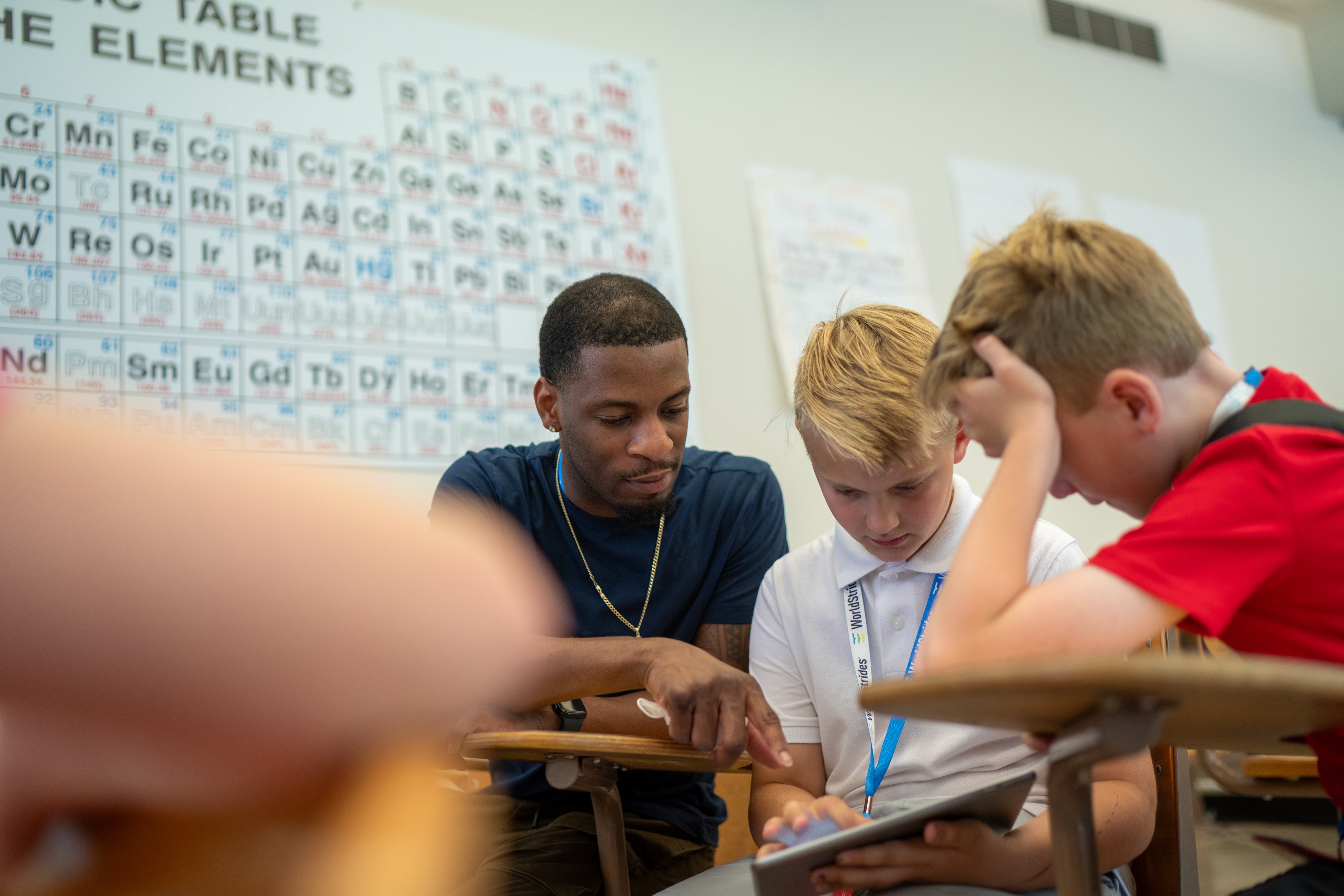

Dates, Locations, & Tuition
What does the price include?
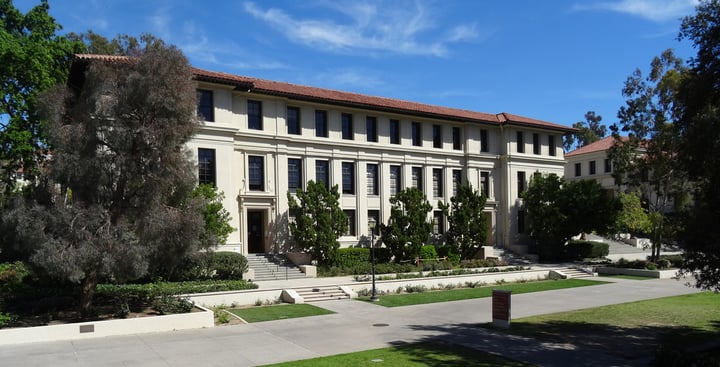
Occidental College

University of Denver
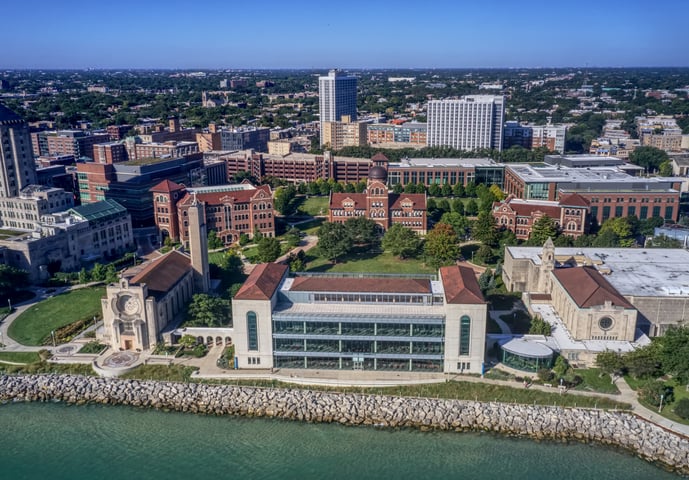
Loyola University
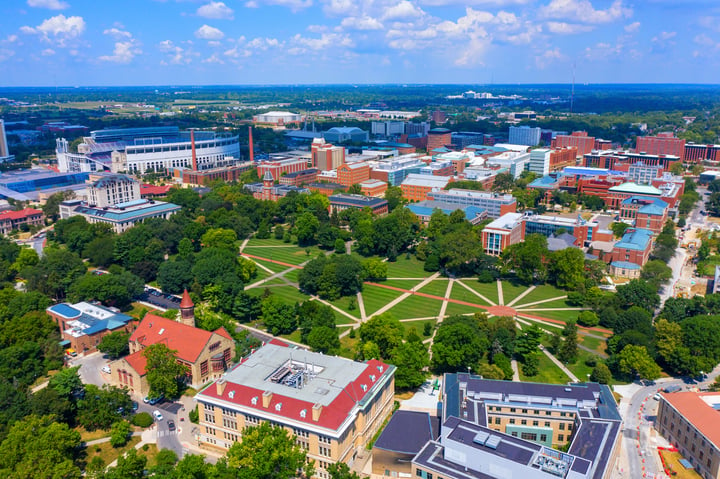
Ohio State University

Emory University
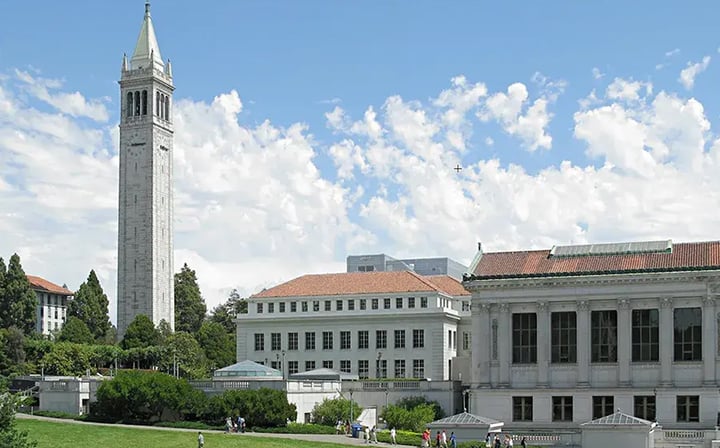
University of California, Berkeley
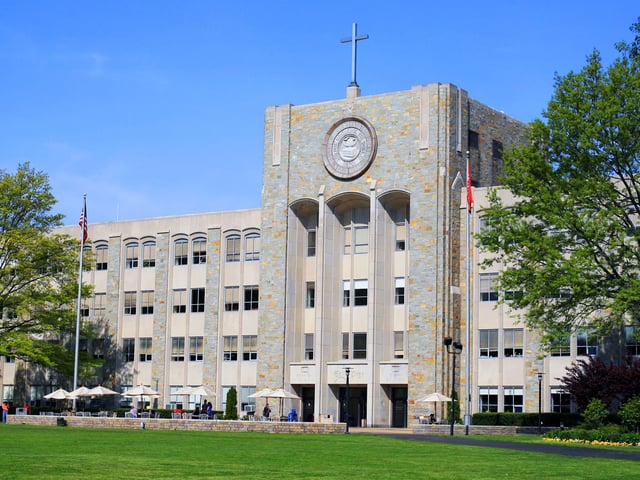
St. John's University
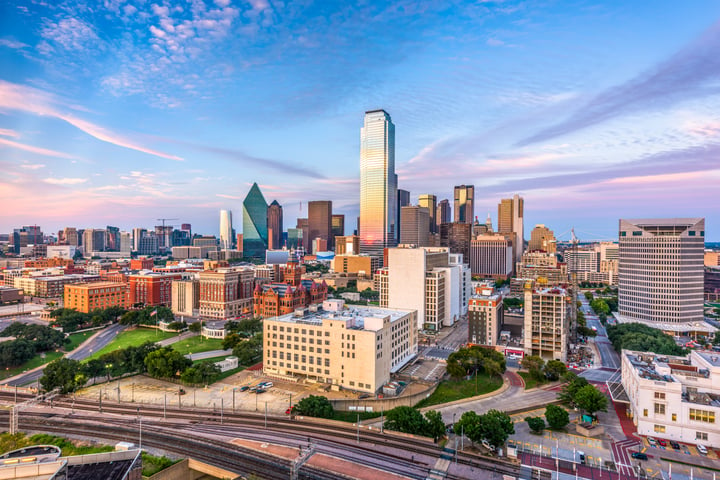
University of Dallas
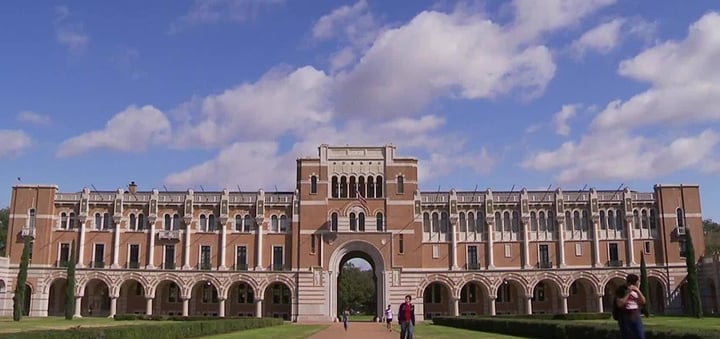
Rice University
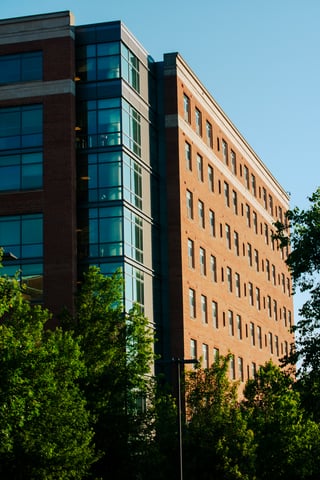
University of Maryland, College Park
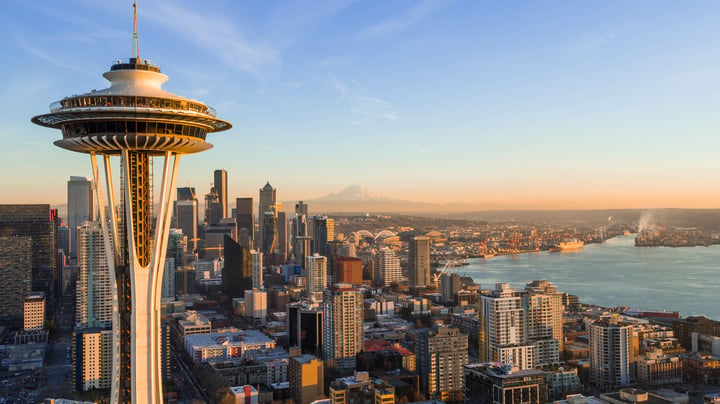
Seattle University
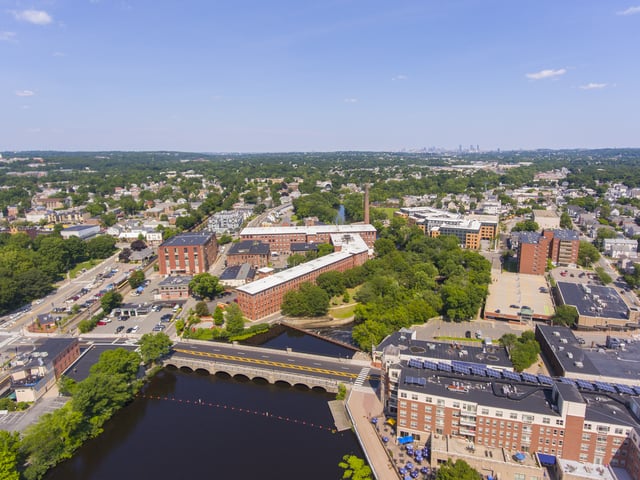
Bentley University
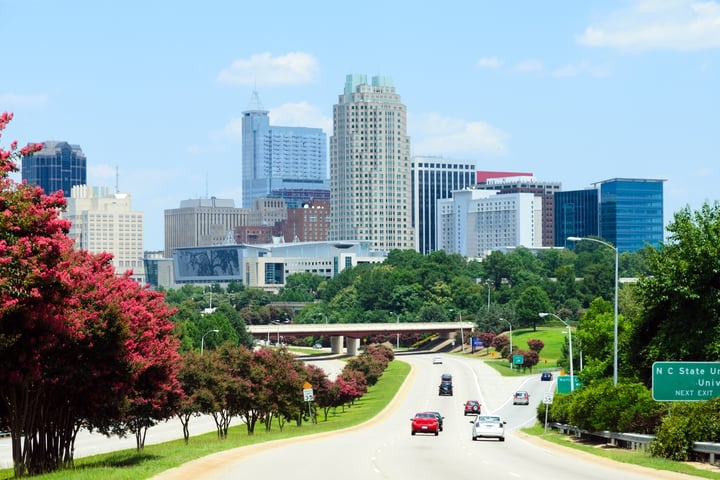
Campbell University
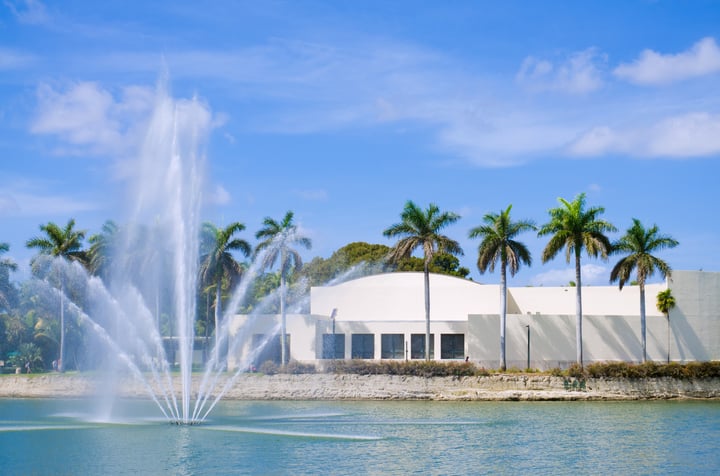
University of Miami
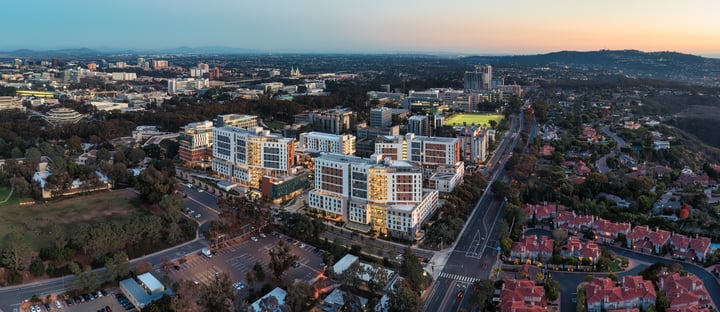
University of California San Diego

Villanova University
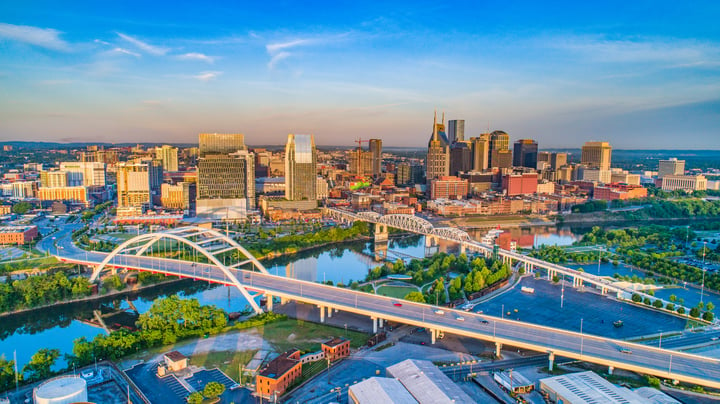
Vanderbilt University
Please note: We are currently evaluating all aspects of NYLF Explore STEM and may make changes to the curriculum, site visits or program location to ensure the program meets the most up-to-date health and safety standards.
This event is not sponsored by or otherwise endorsed by Occidental College.
NYLF Explore STEM is operated independently of Vanderbilt University and is not sponsored or endorsed by the University. The views expressed in connection with the program are not the official positions, statements of advice nor opinions of Vanderbilt University and should not be viewed as an endorsement by Vanderbilt of any such views or statements.
This program, while located at the University of Miami, is neither the responsibility of, nor endorsed by, the University of Miami.
Featured Extras
Tuition & Travel Protection
Optional protection plan providing comprehensive coverage including trip cancellation, medical evacuation, baggage protection, and accident insurance with assistance services.
Makeblock mBot
Take home a Makeblock mBot educational robotics kit is designed for children ages 8-12 to learn electronics, robotics, and computer programming after their program is complete.
Extended Day Experience
Commuter students can extend their experience with early breakfast drop-off and dinner plus evening activities.
Sample Itinerary
* Exact itinerary will vary by session and location. Participants should reference the itinerary provided as part of their enrollment package.
Day 1 - Residential Students Only
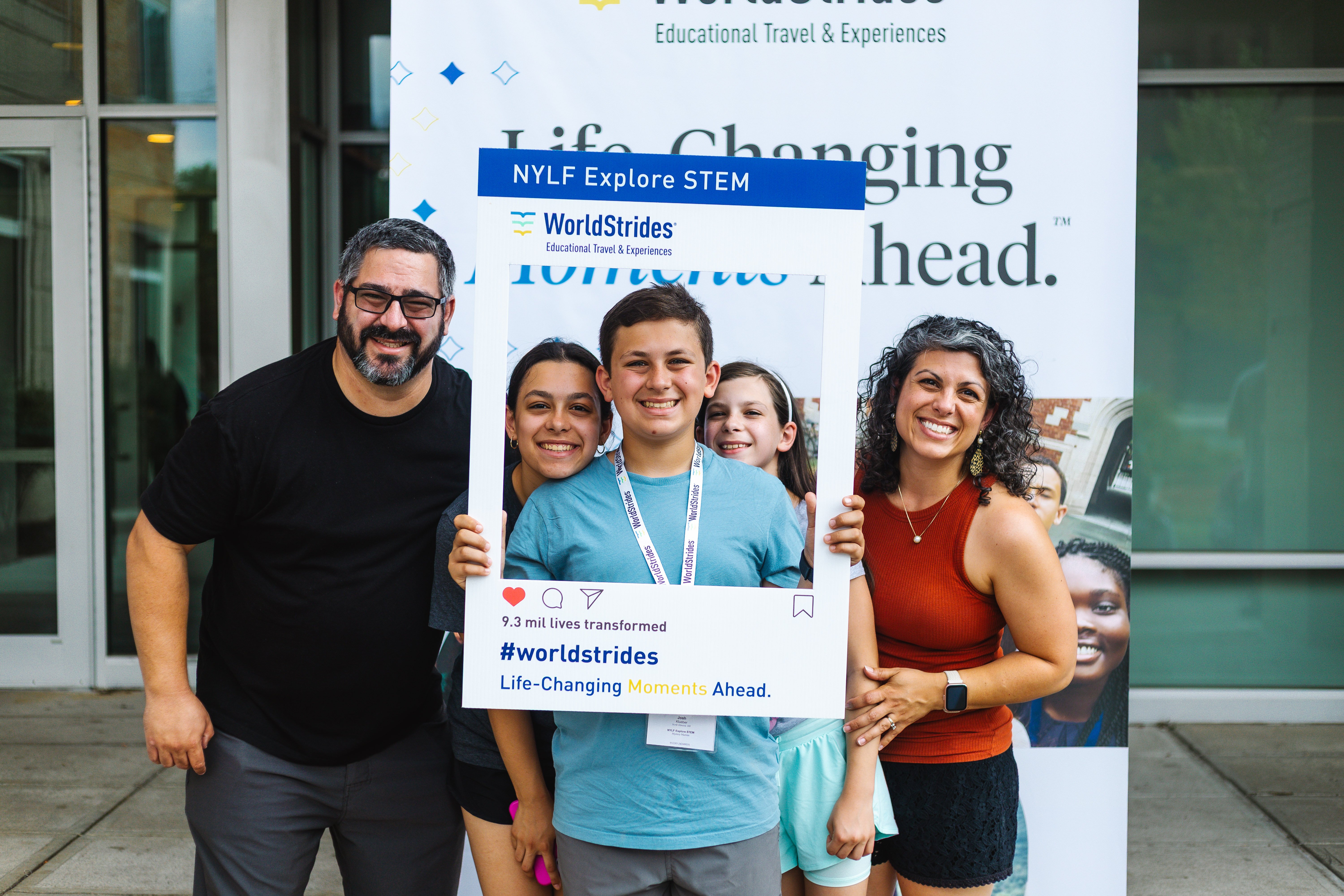
- Meet your Advisor and classroom group while you participate in ice breaker activities and expectation setting.
Day 2
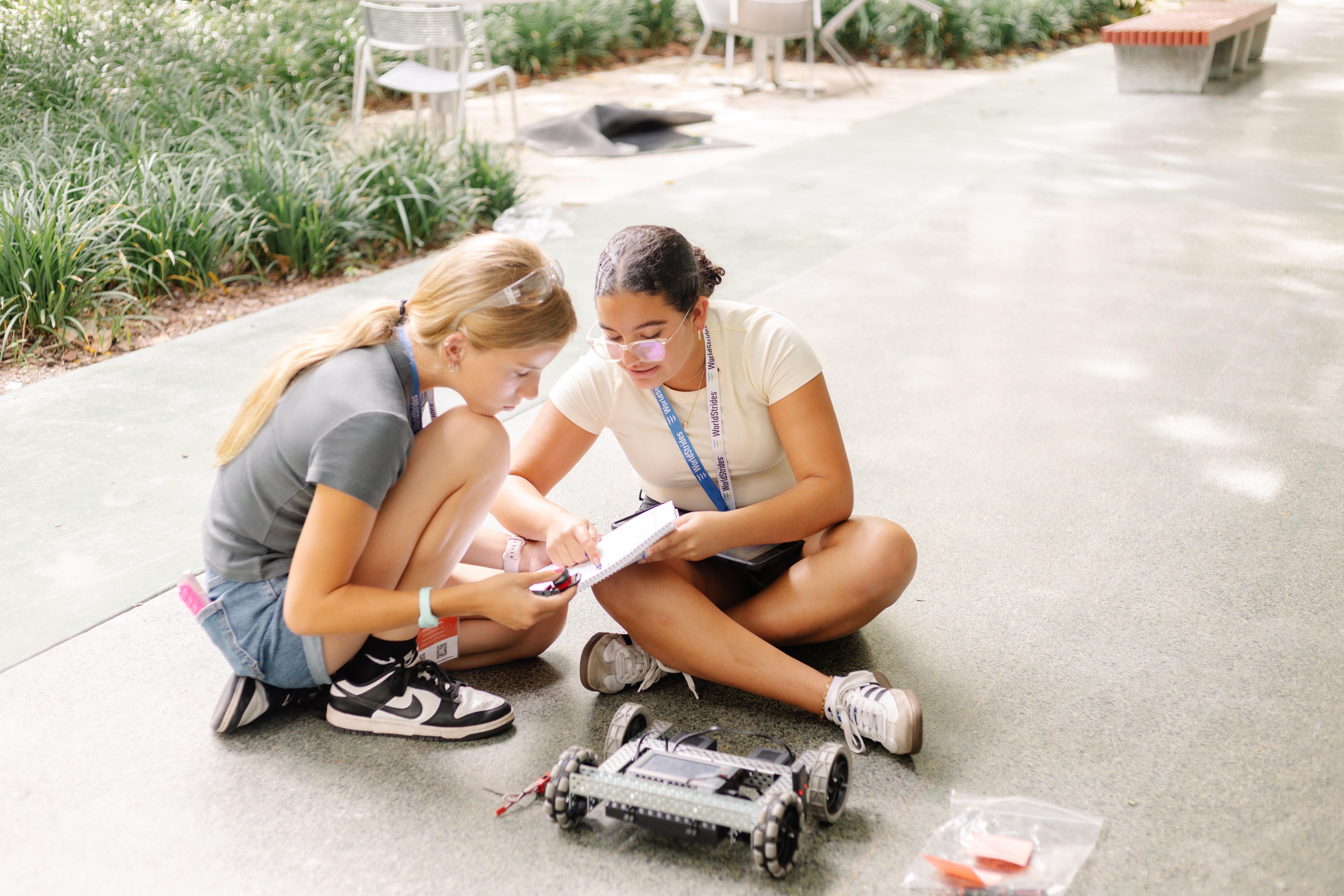
- Discover the traits of effective teammates and learn how to collaborate through hands-on leadership exercises.
- Learn how to set up and drive your robot, then begin programming it to complete movement tasks and prepare for future innovation challenges.
- Get to know your fellow scholars through fun and interactive activities like trivia, a talent show, or a variety show that spark connection and build community.
Day 3

- Begin designing your habitat using CAD tools and the Design Thinking Process, exploring how environment impacts structure and layout.
- Step into the role of a crime scene investigator as you analyze shoeprint impressions and learn how physical evidence helps solve real-world cases.
- Explore the building blocks of health by analyzing nutrition and hydration habits, while gaining an introductory understanding of human anatomy through clinical observation and reflection.
- Get to know your fellow scholars through fun and interactive activities like trivia, a talent show, or a variety show that spark connection and build community.
Day 4
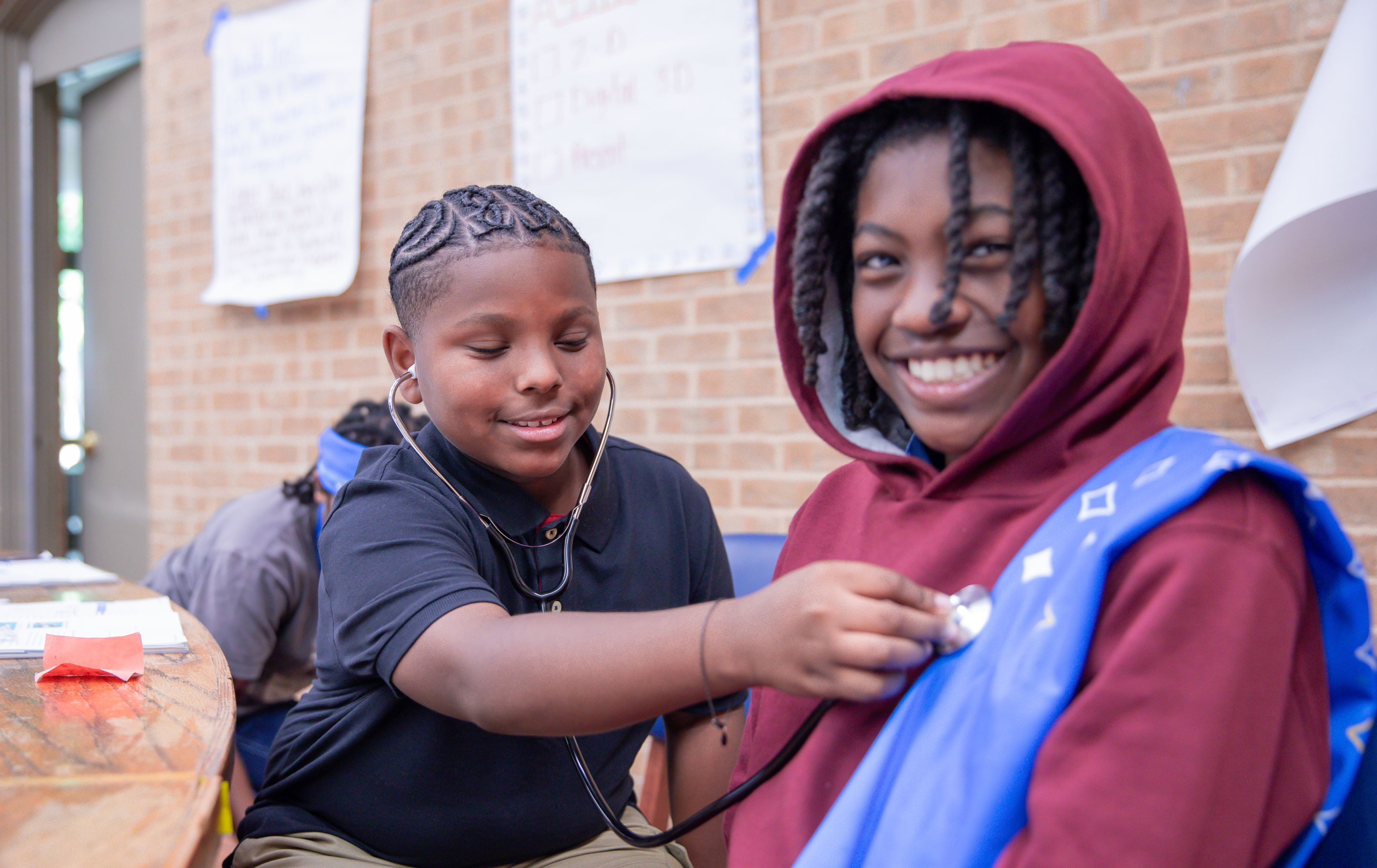
- Learn how to treat injuries in remote environments by practicing wound care, splinting, and sling techniques in hands-on clinical simulations.
- Put your robot to the test by navigating through a multi-part obstacle course using sensors and autonomous programming to complete real-world tasks.
- Get to know your fellow scholars through fun and interactive activities like trivia, a talent show, or a variety show that spark connection and build community.
Day 5
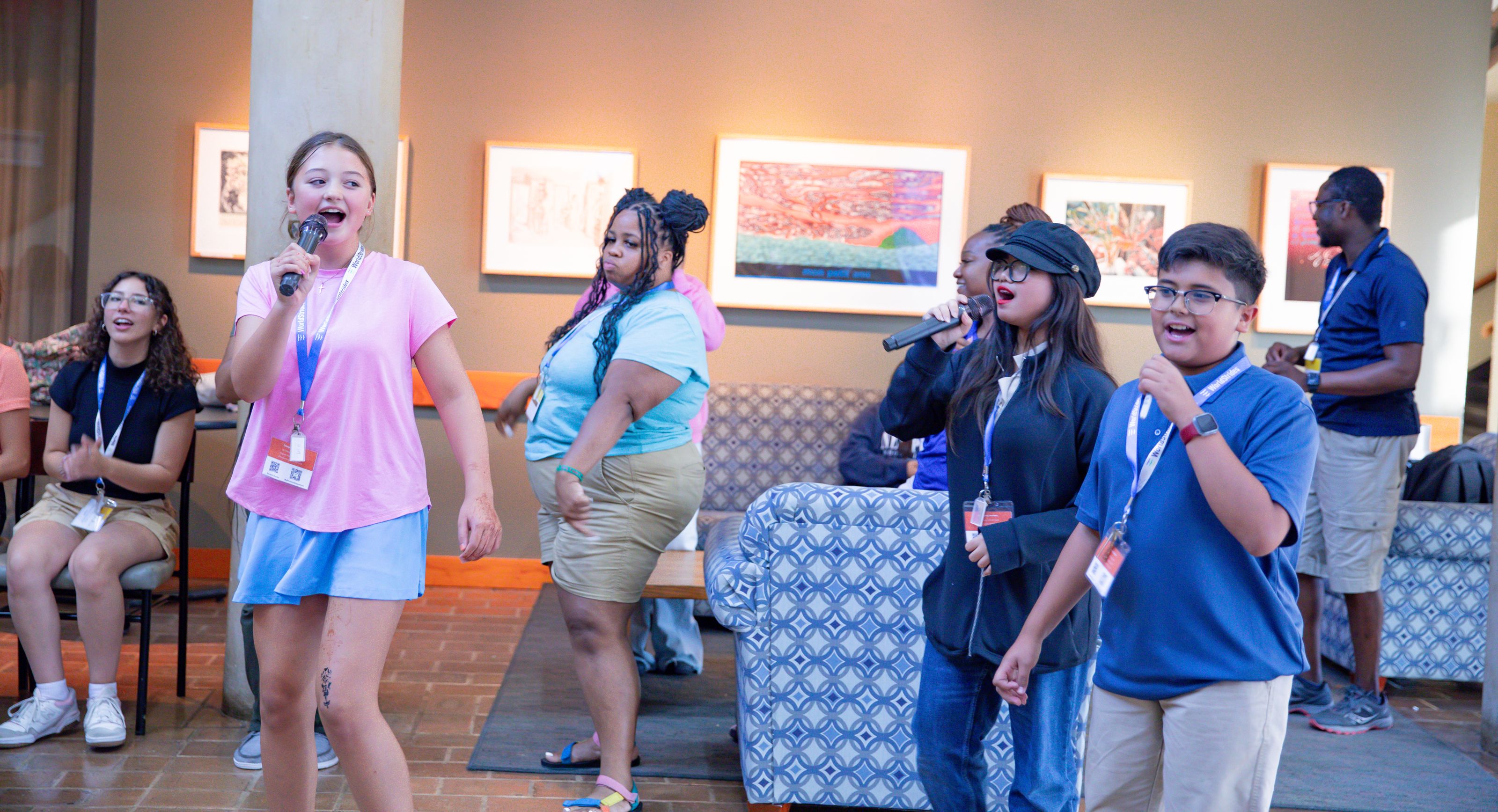
- Analyze bloodstain patterns and test unknown substances using forensic techniques to uncover clues and solve a simulated crime scene.
- Finalize your 2D and 3D habitat prototypes using CAD tools and collaborate with your team to ensure your design meets environmental and structural requirements.
- Get to know your fellow scholars through fun and interactive activities like trivia, a talent show, or a variety show that spark connection and build community.
Day 6
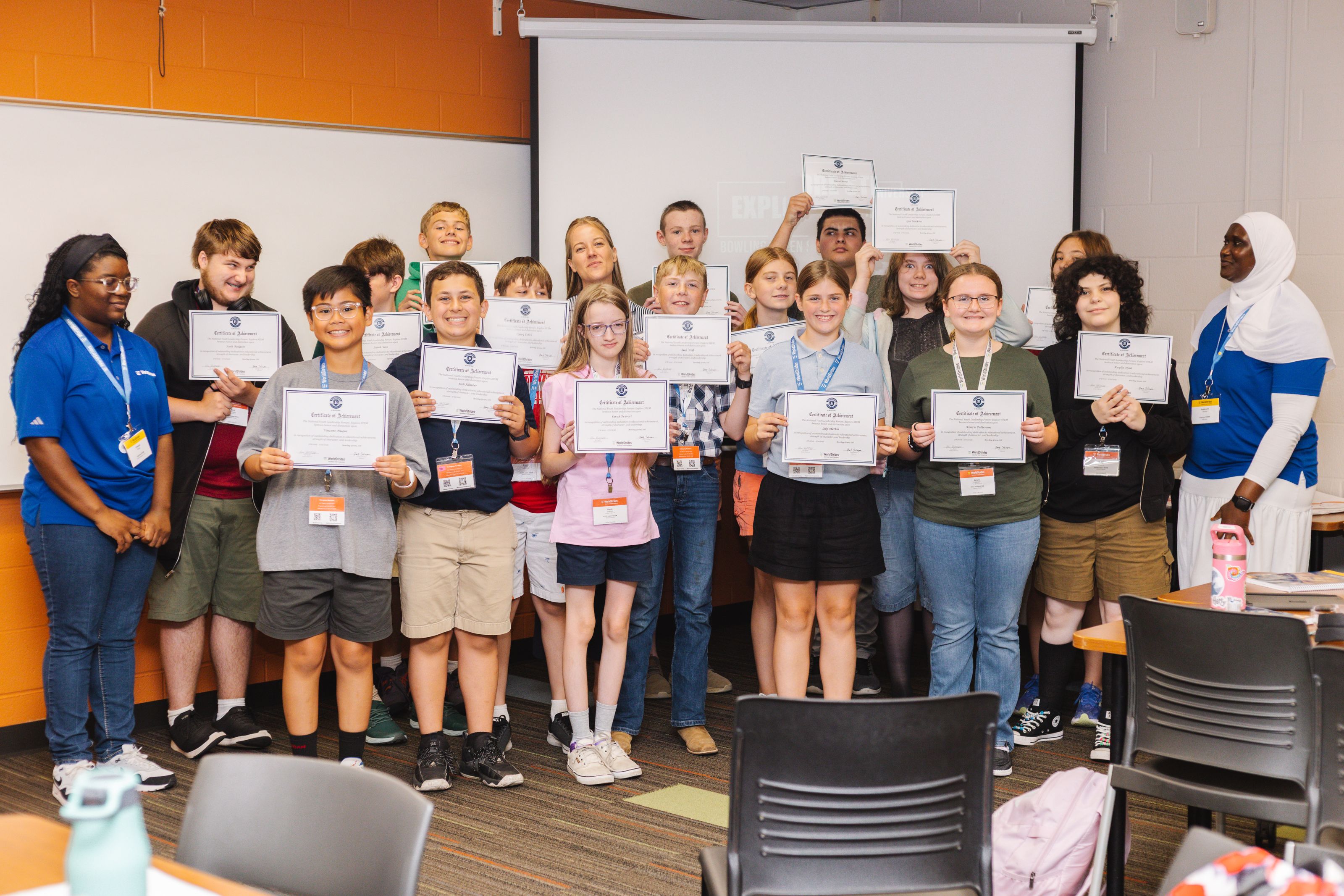
- Present your team’s final robotics and engineering projects, demonstrating how your robot solves real-world problems and how your habitat design meets environmental and structural challenges.
- Reflect on your personal growth, celebrate your achievements, and set future goals as you wrap up your Explore STEM experience with your peers and advisors.
- Students who have flights will be brought to the airport while all other students will wait to be picked up
Health & Safety
Testimonials

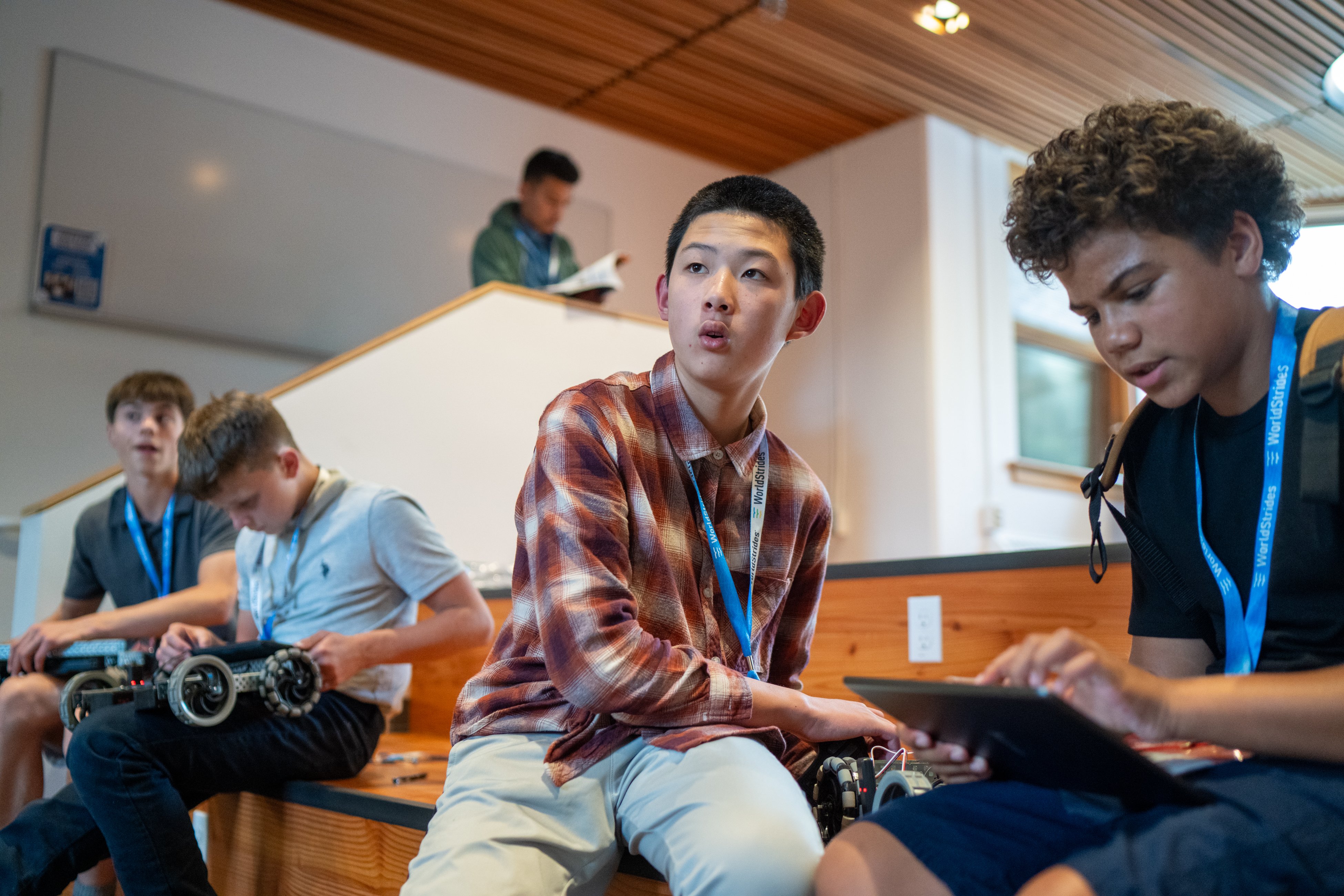
Frequently Asked Questions
Your tuition for NYLF Explore STEM includes housing accommodations on a university, college or school campus (Residential students only), instruction, program activities and materials, Certificate of Achievement, supervision by professional faculty advisors, and private motorcoach transportation to all locations during the program. Residential students are provided with all meals, starting with dinner on arrival day. Commuter students are only provided with lunch. For commuter students who purchase the extended day, breakfast, dinner, and evening activities are included.
Transportation to and from the program location is NOT included in tuition; however, shuttle service is provided from designated airports to the program location for an additional fee. While attending the program, students will only need money for off-campus meals, souvenirs, and other incidentals.
Yes. Envision offers flexible payment plans and limited financial aid opportunities. We encourage families to contact our Admissions team to explore available options and deadlines.
Students who choose the Residential program option will reside along with Envision team members at safe, secure locations that include universities and conference centers.
Your safety and well-being during the program is our highest priority. The program is structured so that you will reside in a safe, controlled environment. You'll be closely supervised by professionally trained staff, including faculty advisors who serve as educational facilitators and chaperones, security personnel, operations personnel, and a program coordinator.
For over 35 years, Envision has achieved a stellar record of safely and successfully enriching the lives of students, providing them with superb educational experiences and professional supervision. Envision safety measures include:
- Maintaining a classroom ratio of 20 to 1
- Requiring all students to attend all activities
- Checking rooms nightly and ensuring that students remain in their rooms
- Having night monitors in place to support students who may become ill or who have an emergency during the night
- Equipping all staff members with two-way communication devices
We know many students are experiencing time away from home for the first time. Our staff are trained to provide a welcoming and supportive environment, and our schedule includes plenty of opportunities for connection, reflection, and fun.
Yes. Every student receives a Certificate of Achievement at the end of the session to recognize their achievements and participation.
No. Parents or guardians are not allowed to accompany students during the program. Gaining independence, including experiencing new things on their own is an essential part of their growth during the program. However, it is perfectly fine for families to travel with students to the program location and stay in the area.
I am a student requiring specific accommodations. Can I still attend?
Yes, we encourage you to enroll. Envision by WorldStrides believes in working with families to accommodate student needs and encourages the participation of students who feel prepared to meet the academic, social, physical, and emotional demands of the program environment. We may be able to provide appropriate auxiliary staff and services to assist students as needed if notified in advance. We encourage families, guardians, legal representatives, or educators to contact the Office of Admissions for more information and to discuss particular accommodations before applying for enrollment in the program.
Explore STEM is ideal for middle school students with an interest in science, technology, engineering, and math. Whether they’re deeply invested in STEM or just starting to explore, this program offers an exciting, age-appropriate way to learn through hands-on experience.
